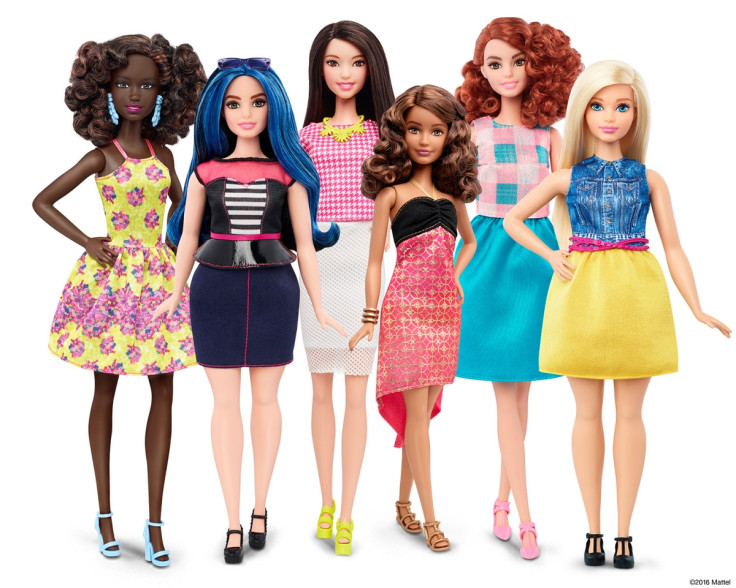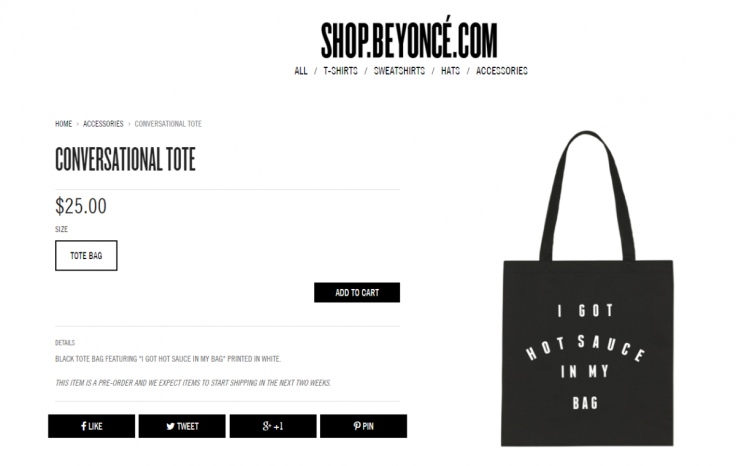Social justice warriors only succeed when they ally with capitalism

Social justice has recently seen a victory and a loss. In Oxford, Rhodes did not fall. In the States, Barbie got a feminist makeover, meaning she got fat and dyed her hair blue. Why did one succeed while the other failed? Rich donors wanted to keep the Rhodes statue, so it stayed.
Feminist Barbie, however, means a huge number of new dolls for kids to buy or, maybe more likely, for right-on parents to buy for them, and higher profits for Mattel. Rhodes Must Fall worked against neoliberalism but Barbie worked with it.
This link between social justice and neoliberalism was pointed out to me by the Adam Smith Institute's Ben Southwood. While some such causes work against capitalism, these tend to fail, and successful ones push society in a marketised direction.
I'm going to explore mechanisms through which this works, using generous definitions of both terms. Neoliberalism is the dominant free market ideology of the modern West, while social justice is the rejection of faith, flag and family traditions in favour of liberal values.
The old left often argue that social justice distracts from economic justice. After the collapse of the Soviet Union, radicals lost faith in socialism and pivoted on to a politics of identity less challenging to the economic system. Social issue campaigns replaced economic ones, since you can only go on so many marches.
While the left are distracted by gay marriage and language policing, the government gets on with privatisation and cutting taxes. This may even be tacitly encouraged, with businesses sponsoring activists to keep them safely occupied elsewhere.
These same businesses want to attract the crucial 18-40 demographic and liberal ideas are most popular among that group. When the US Supreme Court backed gay marriage, every company put up a rainbow Twitter picture.
Likewise, Beyonce performed a Black Panther-inspired routine at the Super Bowl to market her new range of merchandise. Some companies even use social activism and boycotts against rivals in order to steal customers.

People with a right-wing agenda may also use liberal social values in order to cover their own left flank. Social psychologists talk about idiosyncracy credits; we can tolerate a certain number of deviations from orthodoxy before we start casting people out of polite society. Holding liberal social views, therefore, may provide licence for right-wing economic views. While they may be naughty right wingers, they're not that sort of right winger and can still get invited to the best dinner parties.
A socially liberal society may also simply be more amenable to capitalism. In the past, social status came through your family and wealth was mostly inherited. Society valued stability, hierarchy and self-discipline. Capitalism does not value these things.
Success is based on creative destruction, novelty and self-expression, and we idolise self-made millionaires, musicians and actors. We compete to keep up with the Joneses on the things we wear, the things we eat, even the opinions we hold and someone can always sell you an edge in the marketplace of cool.
We also see this compatibility in attitudes towards immigration. The left support increased immigration to help the world's poorest and also because they want to rub people's noses in diversity. Both noble goals.
Businesses, meanwhile, need a ready supply of cheap labour to increase growth. However, this also erodes the social trust upon which traditional institutions depended, and a more diverse society may reduce support for redistributive government policies. People are willing to pay for a welfare state for people like themselves, but not for a "bunch of migrants" with whom they have little in common.
Equally, feminism led to women entering the workplace, promoting independence and boosting economic growth. It also killed the single-earner nuclear family. As people strive to compete at work, home life is eroded, and as workers move more in search of jobs and opportunities, local institutions based on shared history break down. People are less likely to be involved in a community when they're only there for a year until they move jobs.
Liberal social norms can also take informal work and bring it into the public sphere. Childcare, for example is becoming a job, rather than part of home life. Likewise, a recent social justice cause has been support for sex workers, again bringing explicit markets into private interactions between people. Perhaps less obviously, sexual liberation led to a more open and competitive dating market. Business have been able to step into this niche with dating apps such as Tinder and profit off relationships that were previously closed off.
But the link between neoliberalism and social justice is not currently reflected in our political system. America could see a realignment along these lines but both parties are split right down the middle. The Democrats have Hillary Clinton facing off against Bernie Sanders's slightly crustier politics.
Clinton doesn't care much about social issues. She was anti-gay marriage only a couple of years ago but now she sticks rainbows on anything that moves. This is a way of gaining popularity among the left-wing base for her fundamentally neoliberal economic agenda. Supporters of Sanders making these criticisms of Clinton are smeared as "Berniebros", young male socialists insufficiently infused with social justice. If you don't support capitalism, you're a misogynist!
Donald Trump represents this same division. On social issues, he is determinedly conservative, but on economic ones, he looks far more of a poujadist than a business conservative. Opposing him, Marco Rubio and Jeb Bush take some conservative positions, but just like Clinton they represent the triumph of the market state over the nation state. Perhaps the reason that there is no truly neoliberal party is that then it could lose?
There are plenty of ways you might react to this fundamental compatibility between free markets and social justice. A libertarian may revel in it, a traditionalist sees everything he fears. A left winger sees that their whole life's work was in vain. I like to marvel at it. A system so versatile it twists all opposition to it into support. Neoliberalism is pretty great, and it will succeed no matter what you do, so stop complaining and enjoy the ride. No matter who wins, the market wins.
Rory Ellwood is a psychology graduate currently studying clinical medicine at Cambridge. He blogs elsewhere as Roundworm Eyed Doll.
© Copyright IBTimes 2024. All rights reserved.






